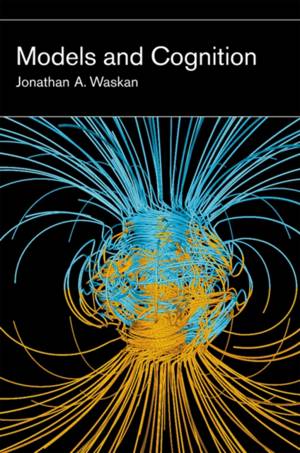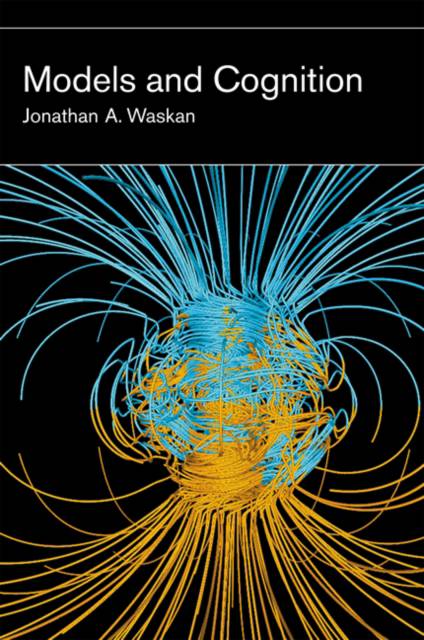
- Retrait gratuit dans votre magasin Club
- 7.000.000 titres dans notre catalogue
- Payer en toute sécurité
- Toujours un magasin près de chez vous
- Retrait gratuit dans votre magasin Club
- 7.000.0000 titres dans notre catalogue
- Payer en toute sécurité
- Toujours un magasin près de chez vous
Description
A groundbreaking argument challenging the traditional linguistic representational model of cognition proposes that representational states should be conceptualized as the cognitive equivalent of scale models.
In this groundbreaking book, Jonathan Waskan challenges cognitive science's dominant model of mental representation and proposes a novel, well-devised alternative. The traditional view in the cognitive sciences uses a linguistic (propositional) model of mental representation. This logic-based model of cognition informs and constrains both the classical tradition of artificial intelligence and modeling in the connectionist tradition. It falls short, however, when confronted by the frame problem--the lack of a principled way to determine which features of a representation must be updated when new information becomes available. Proposed alternatives, including the imagistic model, have not so far resolved this problem. Waskan proposes instead the Intrinsic Cognitive Models (ICM) hypothesis, which argues that representational states can be conceptualized as the cognitive equivalent of scale models.
Waskan argues further that the proposal that humans harbor and manipulate these cognitive counterparts to scale models offers the only viable explanation for what most clearly differentiates humans from other creatures: their capacity to engage in truth-preserving manipulation of representations.
Spécifications
Parties prenantes
- Auteur(s) :
- Editeur:
Contenu
- Nombre de pages :
- 323
- Langue:
- Anglais
- Collection :
Caractéristiques
- EAN:
- 9780262517546
- Date de parution :
- 20-01-12
- Format:
- Livre broché
- Format numérique:
- Trade paperback (VS)
- Dimensions :
- 147 mm x 221 mm
- Poids :
- 489 g







